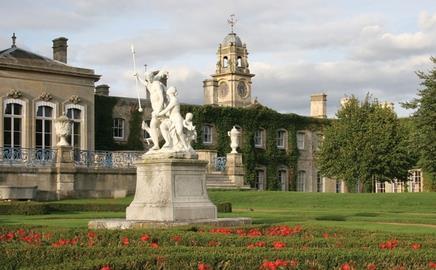Regarding the news that Part L may or will force historic buildings to be energy efficient (24 July, page 38), I am a director of estates for a university and therefore have to deal with the dilemmas of conserving listed buildings while complying with the burgeoning legislation from the eco-warriors and others
As I have advocated in the past, before these regulations are enforced each scheme needs to be subjected to a benefit analysis for cost and carbon.
Many older structures’ elements were designed to last ad infinitum with appropriate maintenance, whereas most of today’s products have an anticipated lifespan of 25 to 30 years. The embodied carbon in the production of modern elements frequently outweighs the carbon savings in installing “new for old” and the carbon benefit to the planet is actually negative – that is, it costs more carbon to substitute new for old than it does to take the losses from the existing elements.
I can understand and support the sympathetic replacement of worn-out or damaged elements with more energy-efficient elements, but just ripping out perfectly functional elements to replace them with new is neither cost nor carbon efficient.
KD Overment




























No comments yet